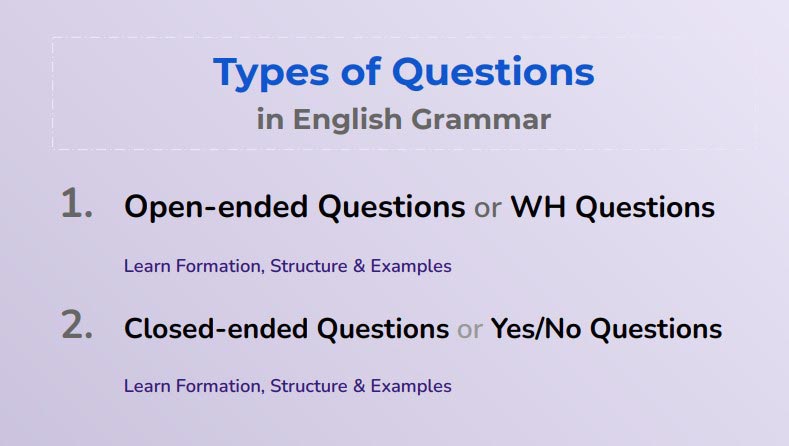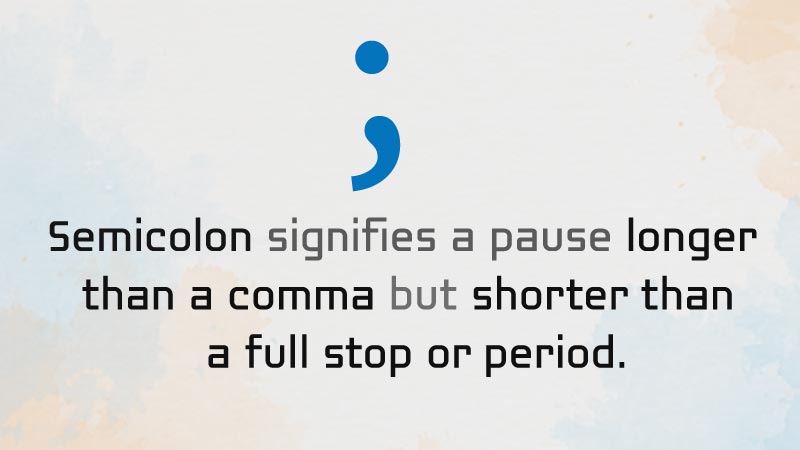Uses of Direct & Indirect Object
An object is a noun or pronoun that gives meaning to the subject and the verb in a sentence. It often follows the subject and verb in a sentence. There are two ways of writing the objects of many verbs without changing the meaning of the sentence: direct objects and indirect objects. The indirect object may appear before the direct object without being preceded by a preposition or it may occur after the direct object, preceded by a preposition. The prepositions that are generally used in this structure are for and to.
The direct object is a person or a thing and is the first receiver of the action. On the other hand, the indirect object is an animate object or objects to whom or for whom something is done.
Mary showed the photograph to me.
direct object indirect object
(the photograph is the direct object because the first action was that of showing the photo, and the second action, the indirect one, was to show to me.)
Although objects are basically nouns or pronouns, verbs play an important role in how the object will behave. There are some particular verbs that are allowed for object transformation (direct to indirect or indirect to direct). Here are some of the verbs that do transform.
| bring | get | pay |
| build | give | paint |
| buy | hand | pass |
| cut | leave | show |
| draw | lend | teach |
| feed | make | tell |
| find | offer | write |
All of these verbs must be followed by either the preposition for or to. If we want to the transformation which means exactly the same as the sentence with the original preposition happens, then we need to understand the following rules.
| Subject + verb + direct object+ for/to+ indirect object |
| Subject + verb + indirect object + direct object (no preposition) |
Examples of direct and indirect objects:
| Incorrect: The director’s secretary sent to them the manuscript last night. Correct: The director’s secretary sent the manuscript to them last night. Correct: The director’s secretary sent them the manuscript last night. |
| Incorrect: John gave the essay his teacher. Correct: John gave the essay to his teacher. Correct: John gave his teacher the essay. |
| Incorrect: The little boy brought some flowers his grandmother. Correct: The little boy brought some flowers for his grandmother. Correct: The little boy brought his grandmother some flowers. |
| Incorrect: I fixed a drink Helena. Correct: I fixed a drink for Helena. Correct: I fixed Helena a drink. |
| Incorrect: He drew a picture his mother. Correct: He drew a picture for his mother. Correct: He drew his mother a picture. |
| Incorrect: We owe several thousand dollars the bank. Correct: We owe several thousand dollars to the bank. Correct: We owe the bank several thousand dollars. |
| Incorrect: I introduced Cena Dr. Lanister. Correct: I introduced Cena to Dr. Lanister. |
| Incorrect: He mentioned the party me. Correct: He mentioned the party to me. |
| Incorrect: I will send the books you next week. Correct: I will send you the books next week. Correct: I will send the books to you next week. |
| Incorrect: My sister sent a game my daughter for her birthday. Correct: My sister sent a game to my daughter for her birthday. Correct: My sister sent my daughter a game for her birthday. |
| Incorrect: Susan drew a lovely picture her boyfriend. Correct: Susan drew her boyfriend a lovely picture. Correct: Susan drew a lovely picture for her boyfriend. |
| Incorrect: That teacher taught grammar us last year. Correct: That teacher taught grammar to us last year. Correct: That teacher taught us grammar last year. |
| Incorrect: He brought the telegram her this morning. Correct: He brought her the telegram this morning. Correct: He brought the telegram to her this morning. |
| Incorrect: Jerry handed the tray his sister. Correct: Jerry handed the tray to his sister. Correct: Jerry handed his sister the tray. |
| Incorrect: John owes the money his friend. Correct: John owes his friend the money. Correct: John owes the money to his friend. |
| Incorrect: My girlfriend sent me to a bouquet of flower while I was in the Rehab. Correct: My girlfriend sent me a bouquet of flower while I was in the Rehab. Correct: My girlfriend sent a bouquet of flower to me while I was in the Rehab. |
| Incorrect: The clerk sold to us the records. Correct: The clerk sold the records to us. Correct: The clerk sold us the records. |
| Incorrect: They found a good, inexperienced car him. Correct: They found him a good, inexperienced car. Correct: They found a good, inexperienced car for him. |
| Incorrect: My father read us to the newspaper article. Correct: My father read the newspaper article to us. Correct: My father read us the newspaper article. |
| Incorrect: Pass me to the salt, please. Correct: Pass me the salt, please. Correct: Pass the salt to me, please. |
| Incorrect: The construction crew built them for a house in four weeks. Correct: The construction crew built a house for them in four weeks. Correct: The construction crew built them a house in four weeks. |
| Incorrect: The girls couldn’t wait to show to us the bicycle. Correct: The girls couldn’t wait to show us the bicycle. Correct: The girls couldn’t wait to show the bicycle to us. |
| Incorrect: She bought for him a red jacket. Correct: She bought him a red jacket. Correct: She bought a red jacket for him. |
Grammar
Read More
- How to Use "Therefore" in Sentences Avoiding Common Mistakes
- How to Use "Whereas" with Examples and Avoid Common Mistakes
- When and How to Use "Thus" Correctly Without Common Mistakes
- How to Use "On the Contrary" Properly with Meaning and Examples
- When and How to Use "Either/Or" with Examples and Common Mistakes to Avoid
- How to Use "On the Other Hand" Effectively without Mistakes
- How to Use "Respectively" with Example and Common Errors to Avoid
- How and When to Use "Moreover" Without Mistakes
- How to Use "Likewise" in Sentences Based on Context & When not to Use
- When & How to Use "Although" in Sentences to Avoid Mistake


